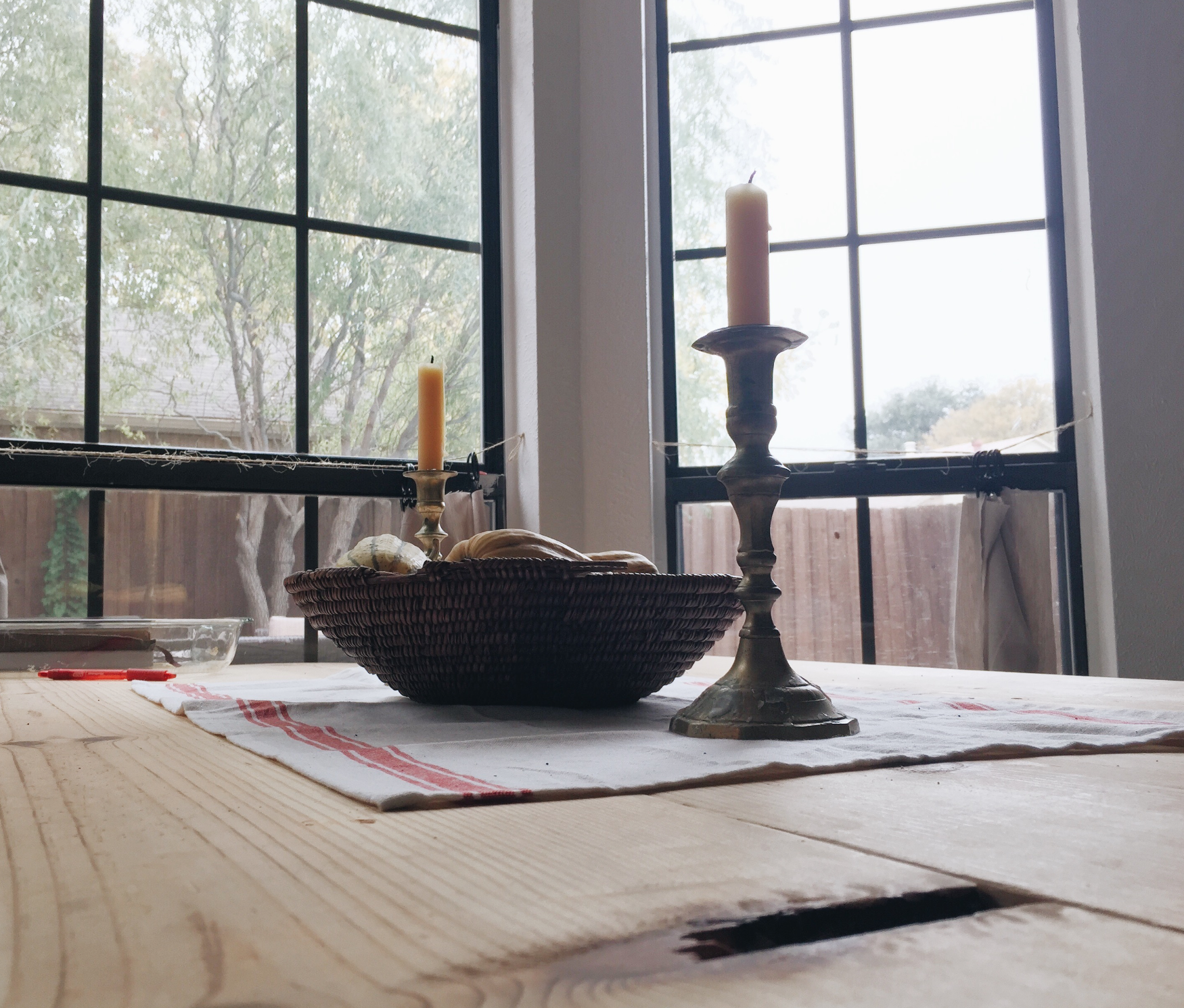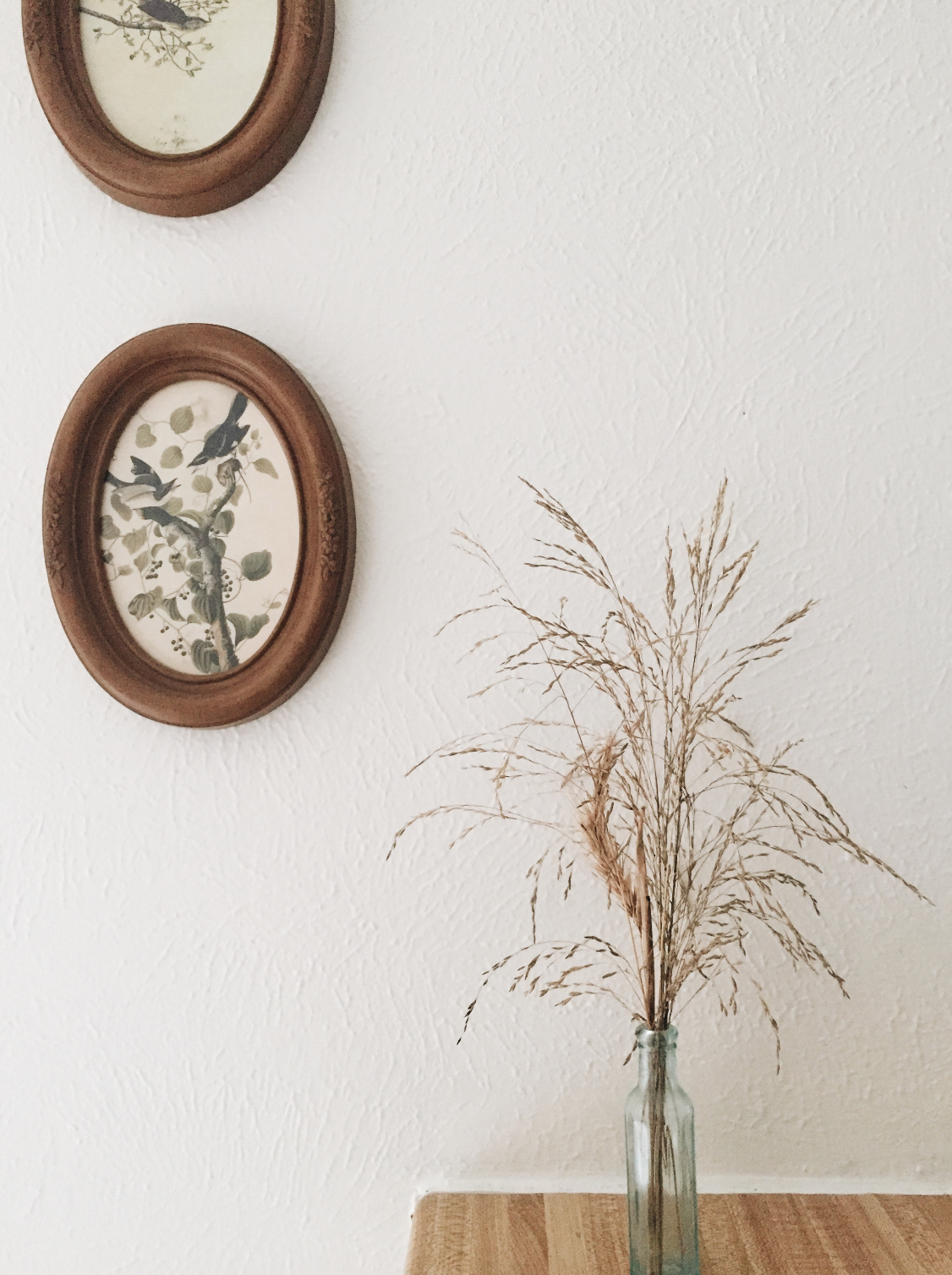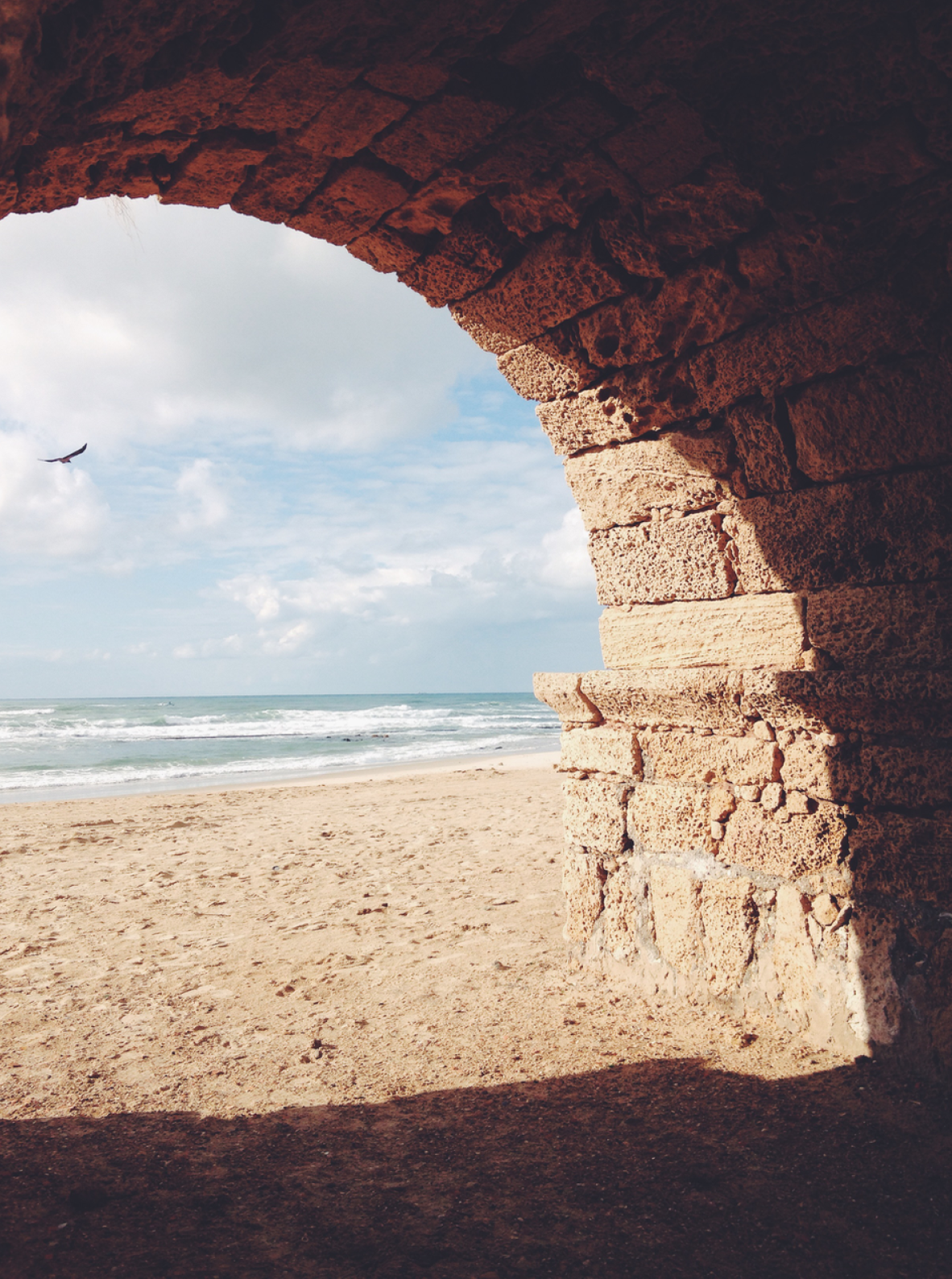I've always been a fast thinker, deducing concepts, abstracts, illustrations, and material quickly—on almost everything except math. Sadly, that quick thinking gave me a smart mouth and I don't mean a studied, intelligent, and wise mouth, I mean the kind that got slapped, taped shut, and soap in it on the reg when I was younger. I could not bridle my tongue. I was a melancholy girl, prone to long spouts of reading and ruminating, and saving up zingers to drop at the moment of maximum potential. One of my parents favorite disciplines was to make me write the book of James by hand in a series of black and white composition books. I wish I'd saved them. To this day I both shudder and cling to the book of James because it holds so much gold for a wily, unbridled tongue like mine.
Beginning in my late teens and into my twenties I began to realize the way to gain friends and influence people was to not speak words of death to or about them. I have always been interested in outcomes and results, especially when they seem to benefit me. I learned to unbridle my tongue with good ideas, principles, formulas, and carnal wisdom. If there was a question, I wanted to have the answer. If there was a weakness, I wanted to be the healer. If there was a puzzle, I wanted to figure it out. I wanted to be the go-to girl—if you need wisdom, gentleness, friendship, pity, a listening ear? Go to Lore.
I didn't realize how pervasively this pride had grown in my life and heart, though, filling all my joints and marrow with the belief that I had enough of the answers or the right amount of gentleness or the perfect principles for someone's problems. I was okay if people saw me as the solution, even as I pointed to Christ as the ultimate solution. I was the conduit, but he was the water. Surely folks could see that?
The problem is, folks don't see that, not unless you hit them over the head with it and I wasn't about to do that and lose their respect. I wanted to tickle their ears, not box them.
One of the things that drew me to Nate, before I even met him, was his Bible. I walked past him often enough in our coffee shop, he always sat there with his open Bible counseling men. His Bible was so underlined and scribbled in I thought, "Well, here's a guy who loves the Word." One of our first conversations was about a heated and polarizing issue, and he sat across from me with his Bible gently responding to all of my questions and points with scripture. He just never wandered far from what the Word said about anything.
As I began to know him and move toward marriage with him, I saw this come out in the way he led our relationship, the ways he interacted with others, the ways he spoke and didn't speak, the ways he shared his sin and the brokenness of his former marriage, the ways he ministered to men, the ways he walked in discipline situations, the ways he submitted to our pastors and elders, and so much more. He was a man who for many years simply read the Word or about the Word, but in the past few years he had become a man who was empowered with, immersed in, captured by, and full of the Word of God.
None of this changed in our marriage, in fact, I've seen even more up close and personal how he doesn't offer counsel, wisdom, good ideas about anything unless they're drenched in the Word of God. He has learned the way to truly bridle his tongue is to put on the reins and bit of the Word—to let the words of God direct, lead, and guide him in the direction he goes.
I am so challenged by this. I want to be more like this. I know at the end of every day when he asks me about my day, the folks I saw, the people I prayed with, the counsel I gave, the counsel I received, we're going to have a conversation about whether and how Scripture influenced the words spoken.
I have spent decades trying to figure out how to bridle my tongue, going from one extreme to the other, from utter silence to rampant zingers. This discipline of letting the Word of God be my bit and reins for a bridled tongue is the only thing that's changing me really, from the inside out.
Practically speaking, if this is a struggle for you, what does that look like?
Read the Proverbs. I've been sitting in the Book of Proverbs for weeks now, originally because I'd encouraged a friend to get in it, but now because I'm just so convicted about my tongue in my own life. You can't read five verses without stumbling across one dealing with the mouth, wisdom, the tongue, speaking, or being foolish. I've been getting wrecked in my own heart about my tongue and the pride in me.
Read the book of James. Write the book of James. Get the book of James inside you. Eat the book of James.
Ask the Holy Spirit to convict you immediately when your words are coarse, unkind, gossipy, idle, unforgiving, or rooted in pride. And then, this is important, repent for your actions in the moment. This is really hard for me. I feel the conviction of the Holy Spirit seventy times a day and can't even count on one finger how many times that actually drives me to repent in the moment.
Trust the Holy Spirit to do the work, not you. It's not your job to share the tidbit you think will make all the difference especially if your desire is simply to be heard. Zack Eswine said, "It's not our job to finish what Jesus has left unfinished," in regard to our desire to sweep up, clean up, tie up loose ends. Leave room for the Holy Spirit.
Before giving counsel, ask a lot of questions. Ask what in Scripture is comforting, convicting, teaching, leading, guiding the person with whom you're speaking. Ask how the Holy Spirit is comforting them. Often times your questions will lead them to remembering the power of Scripture and the ministry of the Holy Spirit—the sources to which and whom they can always go.
If you're someone who is quiet and only thinks the zingers, find some Scripture that is life-giving and speak it in the situation. Sometimes opening your mouth is the way your tongue is bridled. Ask the Lord to increase your empathy and love for people, to help you be patient, even in your listening. Sometimes your courage to speak Scripture in a situation will be the thing that changes you and the person with whom you're speaking.
If you're someone who is not quiet and says the zingers, maybe a fast from speaking is in order. A time of intentionally crafted silence, full of reading the Word, studying the Word, repentance, asking the Holy Spirit to convict you, change you, and help you to see your words are not the answer to everything.
Friends, I'm convicted as I write this even more. I want the words of my mouth and the meditations of my heart to be pleasing to God. I want to see my words and heart meditations as they are, being heard by the God of the universe, the Father who loves me, the Son who died for me, and the Spirit who is saying things too deep for words on my behalf. My zingers and smart-mouth and good ideas are like filthy rags to this God. I want to please my Father and the best way to do that is to fill my mouth with the words he's given me in his Word. I'm praying for you and me and all our friends today in this.














